Welcome to SPACE WEEK over at From The Yard To The Arthouse! I am psyched to talk about these movies, because I’m a big sci-fi guy, but also because stories specifically about space tend to be more thoughtful, more inward-looking, more about what exactly is out there in the furthest reaches of space, but also what exists inside of us that makes us want to explore the unknown. What awaits us, and have they known about us all along?
Unfortunately, “High Life” posits that there is NOTHING out there, and that’s WHY we are going. And by WE, I mean, the eternal THEM: in “High Life”, the ship is filled with prisoners, inmates from Earth prisons who happen to be on Death Row. I am conflicted about this. If someone is on Death Row, why shouldn’t they be made useful, sent out on an impossible mission to whereabouts unknown? At the same time, I can imagine the reasoning – some politicians advocating for scientific exploration, and others believing we’re ridding the planet of undesirables, thinking criminals need to be eliminated, but lacking the intestinal fortitude to be a part of that actual decision. Condemnation disguised as a mission.
This isn’t like the wacky space prison of something like “Lockout” (where Guy Pearce basically plays Snake Plissken – recommended for those who like genre schlock, which I do) or the criminal chaos of “Con Air” (which isn’t space, but also highlights a bunch of “deplorables” or whatever you want to call them being transported). These convicts have accepted their plight, both as lost souls distant from Earth and as guinea pigs to something of a mad scientist, Dibs.
Dibs is played by Juliette Binoche, so already we’re busting preconceived notions. Sure, she’s lovely and elegant, and on the surface, she treats her subjects with respect. But she also straps them to devices that manipulate their bodies sexually, a device she is not shy about using on herself. She’s attempting to pioneer the first case of artificial insemination in space, a necessity given that sexual congress is forbidden on the ship. The contraption used by Dibs, which looks like a more plausible Cerebro from the “X-Men” movies, feels like an inappropriate device all its own, a Cronenbergian manifestation of what life may be like as an aroused eunuch.
She’s taken an extreme interest in Monte (Robert Pattinson), who committed his crimes as a child. The idea brings forth a lot of queasy implications. Are we unchanged when we move from childhood to adult life? By condemning a child to a death sentence, are we not sanctioning child murder? Now that he’s a test subject to create a potential space birth, what does it mean for the state to rob him of his childhood, and then demand he produce a child via Dibs’ device? And, very basically, does anyone care about what kind of person Monte is? We see him as gentle and thoughtful, but it’s also clear he has a violent side. Does it matter when you’re a twisted space experiment?
Monte ultimately grows close to others on the ship. He respects Tcherny (Andre Benjamin), who tends to the ship greenhouse, devoted to life in one way. And he is protective of Boyse (Mia Goth), an obvious potential mate, though even in space Monte rejects intimacy. This attention also largely comes from Dibs. It turns out, performing sex experiments in space is a turn-on – Dibs’ interest in Monte goes far beyond the professional.
Monte proves to be an inscrutable protagonist, one whose intentions are never particularly clear. What you do see is his increasing ability to open up, to learn from those around him. The intention seems not to launder his personality – his bouts of violence are genuinely upsetting. This is, among other ideas, an exploration of what we do, and how arbitrarily we act, when people commit a transgression. The deep space setting for “High Life” doesn’t obscure that this is another prison, and these men and women are being pushed and pulled in different directions by forces beyond them. This is incarceration in the future, and is it really that different today? Does the exploration of ideas surrounding black holes really complicate the notion? Monte has been disposable trash since childhood. He’s being used for his sperm, but is that better or worse than simply rotting away for no purpose?
“High Life” is immaculately directed by Claire Denis, a modern-day master. This was her English-language debut, though she didn’t shy away from the moral and narrative ambiguity of earlier work. The sets are handsomely-mounted, and this certainly looks just as convincing as any number of big Hollywood space films. Tindersticks, regular Denis collaborators, return for yet another tuneful, mournful score. Pattinson sings with them on the closing credits song “Willow”, which elliptically (or explicitly!) references the baby you see at the start of this non-linear film. Is it a question, or is it punctuation? The answer is yes.
I would have liked to learn a bit more about space while in prison. My earlier institution was close to a college, so a long negotiation process resulted in college courses being offered to us. Unfortunately, these did not allow us to amass credit for higher education, but it did allow us all to shave numbers off our incarceration score. Volunteers would come by and teach us a number of topics.
There were a lot of issues that went wrong with this plan. I wrote about one such affair here. Another class was highly sought out, and yet when I arrived to that particular session, with a full roster, I was greeted with only three other inmates. Those that were in charge of the program (inmates) were taking money from prisoners to receive attendance credit for each class without showing up. I found it a rewarding class for only a couple of weeks. Then, a compound-wide shutdown resulted in no moves among the compound for two weeks straight. The volunteer swiftly canceled that class. I was interested in collecting some actual college classes, as there are Pell Grants for inmates, but I simply owed too much student loan to qualify.

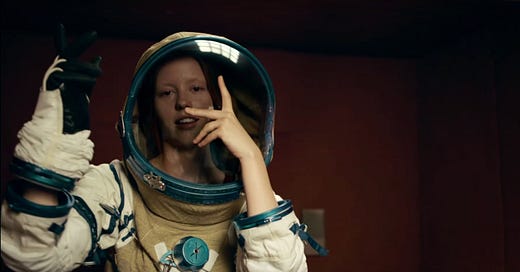



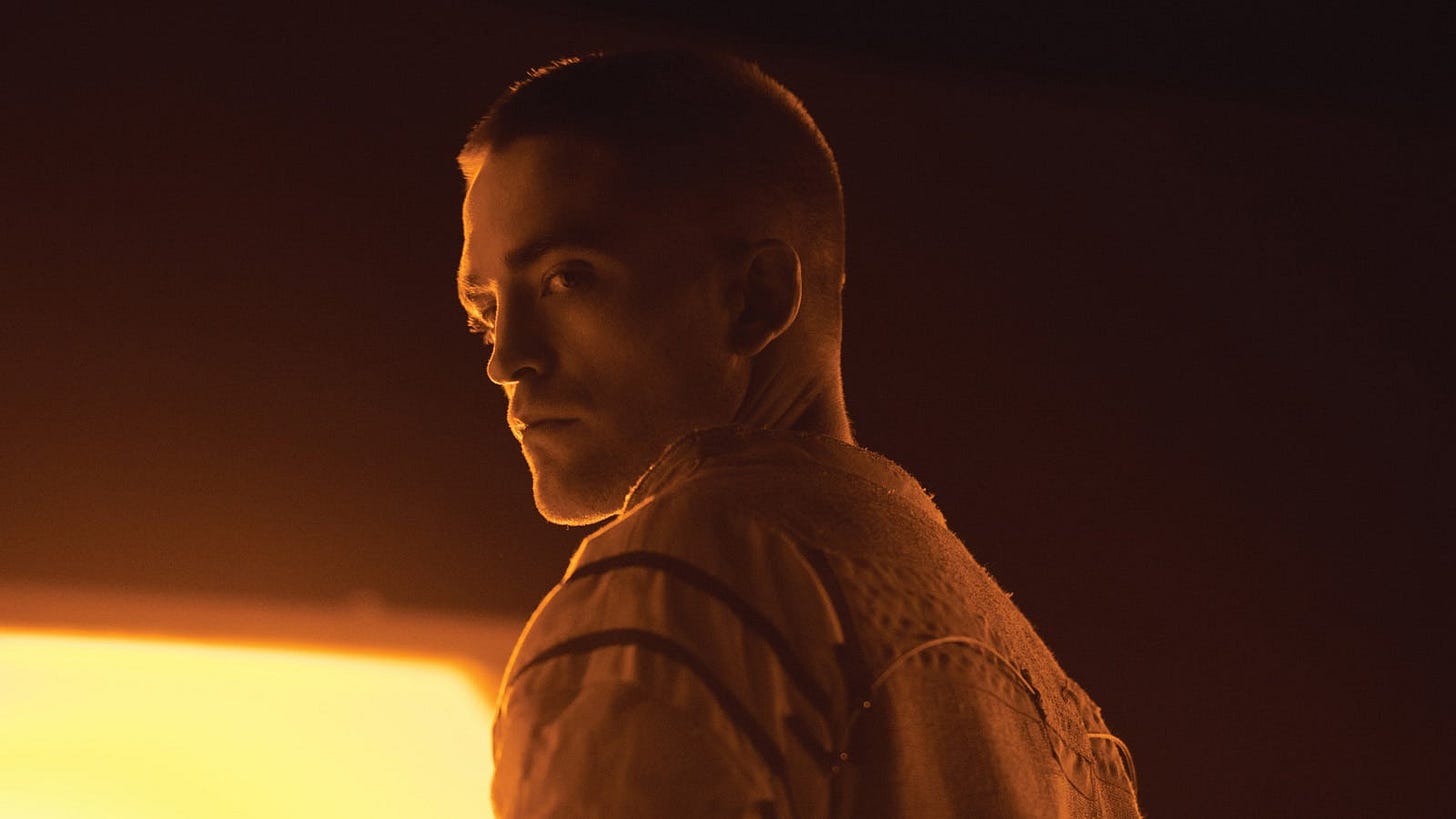
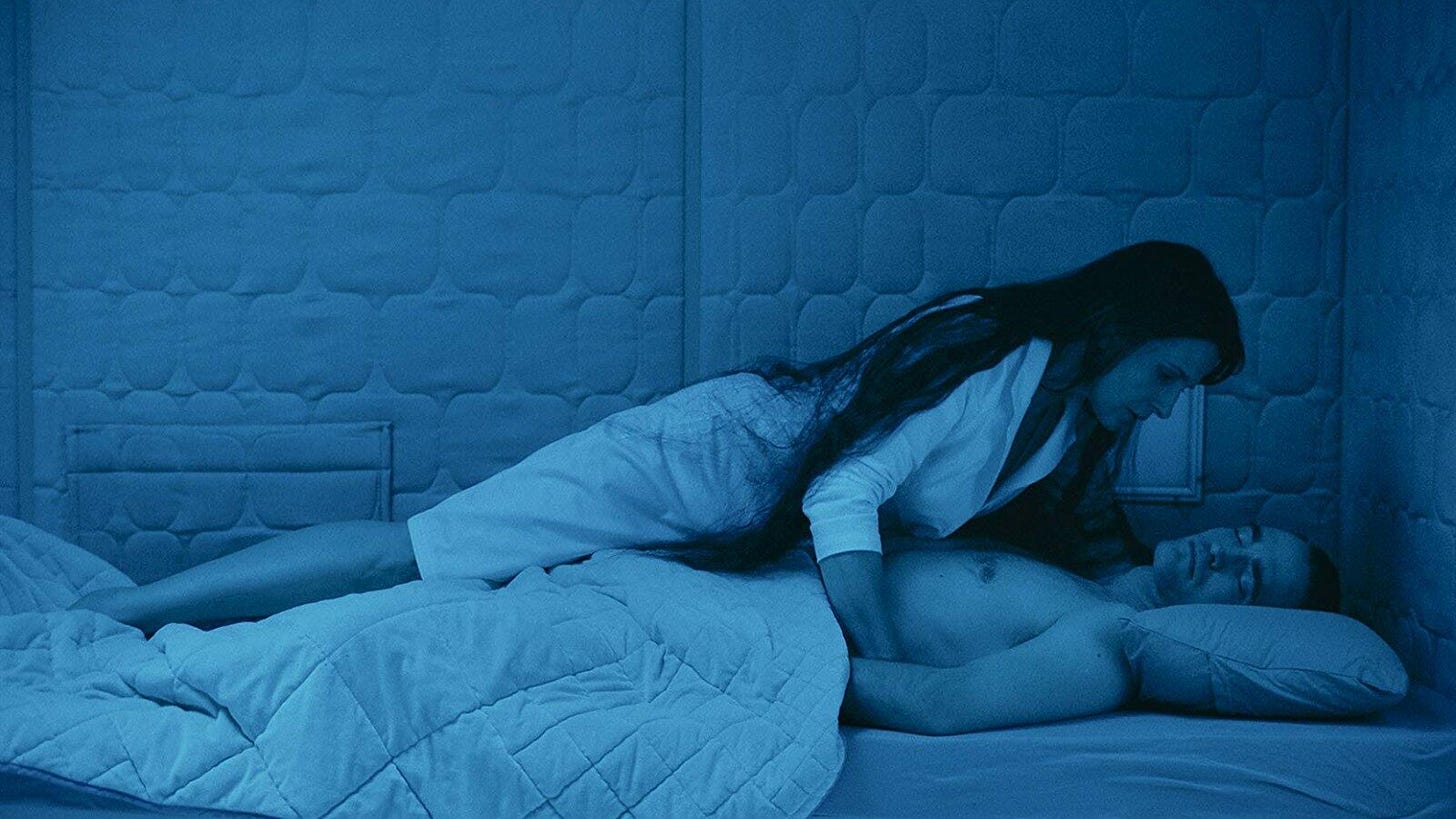
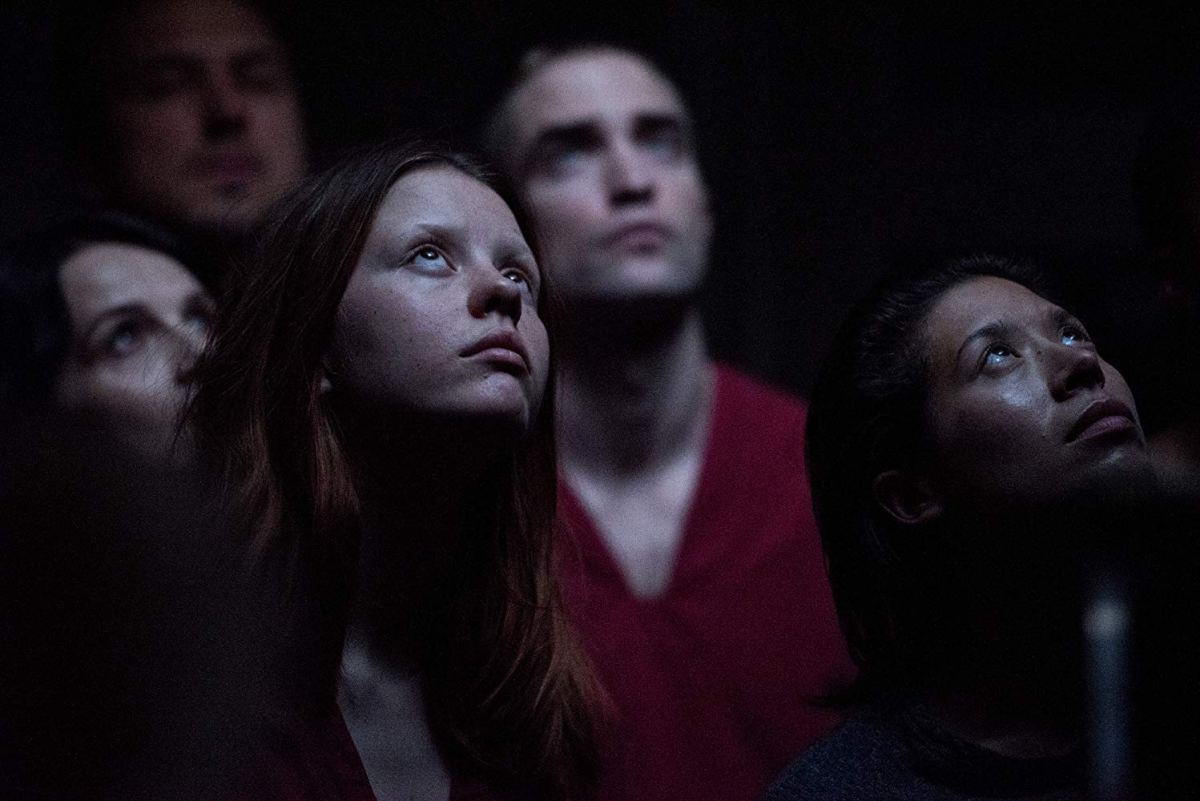
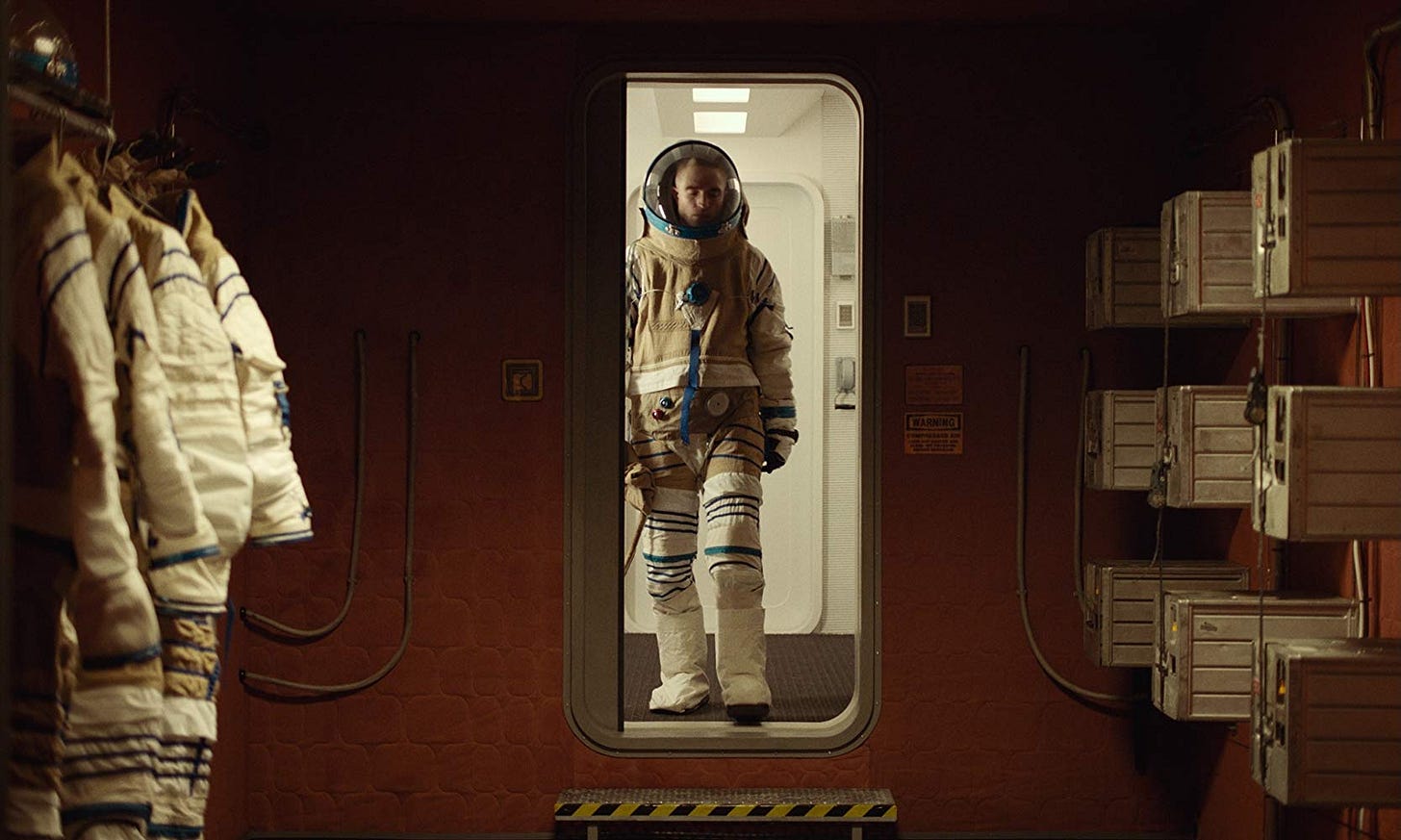
I think there are only four movies that deal with close proximity to a black hole; The Black Hole, Event Horizon, Interstellar and High Life.
They all have their problems (Interstellar especially) but they all drive home the mind-bending terror of outer space. You really don't need an H R Giger monster to make space scary.
I think High Life is the most cerebral Black Hole film and probably the one that deals best with the distortion of time close proximity to an imploded star might cause. And that opening scene, wow!
Were you able to take any space related courses while in prison?
It's awful to hear that student loan debt can actually be used to keep prisoners from accessing education. Does the incarceration system use credit ratings against people too?
As always, thanks for the excellent read.
We don't talk about men being used for their sperm, or even at all in society. We discuss how women are used sexually, but don't often hear about men. This review makes me want to see the film, but also to open up a dialogue about how men are also used sexually and exploited. I have male friends who have been used (and even abused) sexually, but they rarely talk about it. We are very backwards when it comes to "gender roles and norms" in today's world. The fact that I even have to see "gender roles and norms" is also problematic.